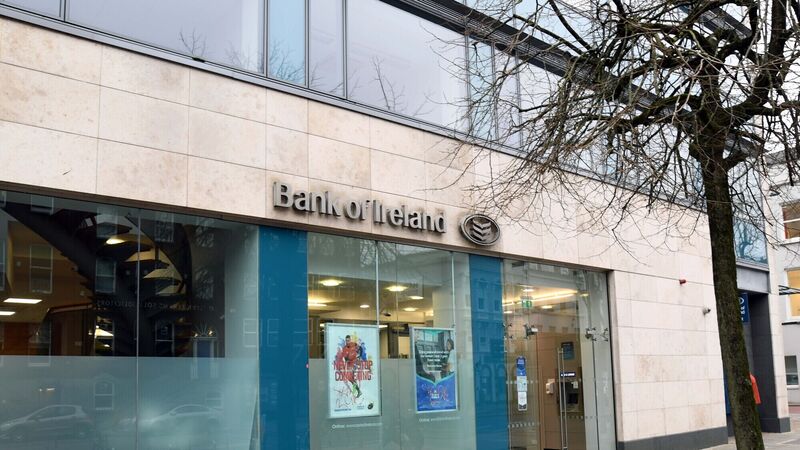Bank of Ireland fined €463k after data breaches potentially impacted thousands of customers' credit ratings

Between November 9, 2018, and June 27, 2019, the DPC received 22 breach notifications from Bank of Ireland in relation to the 'corruption of information' the bank was sending to the Central Credit Register. File picture: Denis Minihane
Bank of Ireland has been fined €463,000 by the Data Protection Commission, after an investigation found thousands of customers’ data was accidentally altered in such a way it could have damaged their credit ratings and prevented them getting loans.
The DPC found Bank of Ireland breached a number of articles of the General Data Protection Regulation (GDPR), which is the EU’s law on data protection and privacy, in relation to inaccurate information the bank sent to the Central Credit Register.










